The US Food and Drug Administration (FDA) has reissued an Emergency Use Authorization (EUA) to Quest Diagnostics for its Quest SARS-CoV-2 rRT-PCR test that can now be run with pooled samples containing up to four individual collected specimens. With this, Quest’s test becomes the first COVID-19 diagnostic that is authorized for use with pooled samples.
The goal of sample pooling is to increase broad and rapid COVID-19 testing. By pooling together samples, a single test allows for more people (in the case of Quest’s test, it would be four) to be evaluated at one time using fewer testing resources.
In the test, four individual collected samples can be mixed together and run in a single pool or batch using one test, as opposed to running an individual one for each sample. If the pool is positive, it indicates that one or more of the individuals tested in that pool may be infected – in this case, each of the samples in the pool would then be tested again individually to identify the positive sample(s).
Related: Oxford Scientists Develop Portable, Low-Cost COVID-19 Test
This would lead to both time and cost savings as less tests would be run overall – hence reducing the amount of test kits and associated reagents that need to be used – and the time to get a result would also be shortened. This testing strategy would be most efficient in areas with low prevalence, meaning most results are expected to be negative, said the FDA in a press release about the pooled sample diagnostic test.
Sample pooling would allow for a greater volume of asymptomatic people to be tested, which is key in controlling the spread of the infection in the current pandemic.
“This EUA for sample pooling is an important step forward in getting more COVID-19 tests to more Americans more quickly while preserving testing supplies,” said FDA Commissioner Stephen M. Hahn. “Sample pooling becomes especially important as infection rates decline and we begin testing larger portions of the population.”
The pooled test uses samples from nasal swabs which can be collected in a health care facility or self-collected at home using a home-collection kit, if deemed suitable by a health care provider.
Quest’s test also remains authorized for individual sample testing – the initial EUA for the COVID-19 diagnostic was given to the test maker on March 17. Therefore, single sample testing can still be performed for people suspected to be infected with COVID-19.
There is some concern that sample pooling may make it harder to detect positives with increased potential for false negatives, as pooling samples dilutes the amount of viral material present in the samples. However, according to the FDA, “Quest’s validation data demonstrates that its test correctly identified all of the pooled samples that contained a positive sample.”
In June, the FDA had announced that it was looking into initiatives to broaden COVID-19 testing through pooled sample approaches. The health agency announced a commitment to authorizing sample pooling test templates for the broad and rapid screening of asymptomatic individuals.
In a press statement released on June 16, the FDA communicated that it wanted to get “more tests to more Americans more quickly and making that process even easier for developers by posting template updates regarding the validation of molecular diagnostic tests for developers that intend their assay to be used for pooling patient samples or for screening asymptomatic individuals not suspected of having COVID-19.”
The FDA said it, “continues to work with a number of diagnostic test developers to facilitate new approaches and get additional tests to more Americans more quickly.”

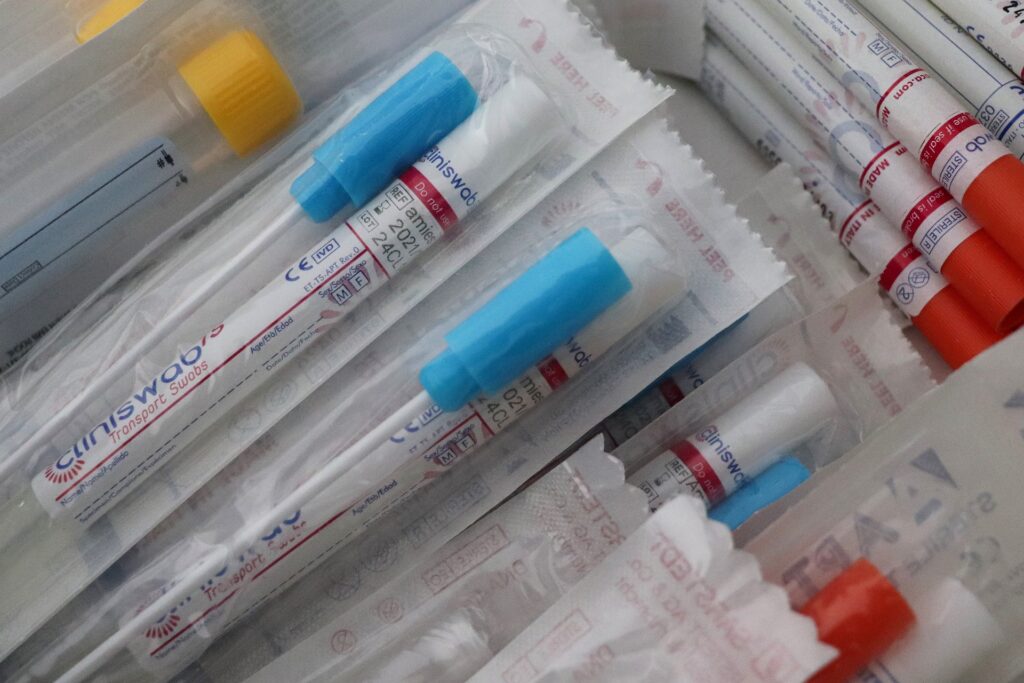

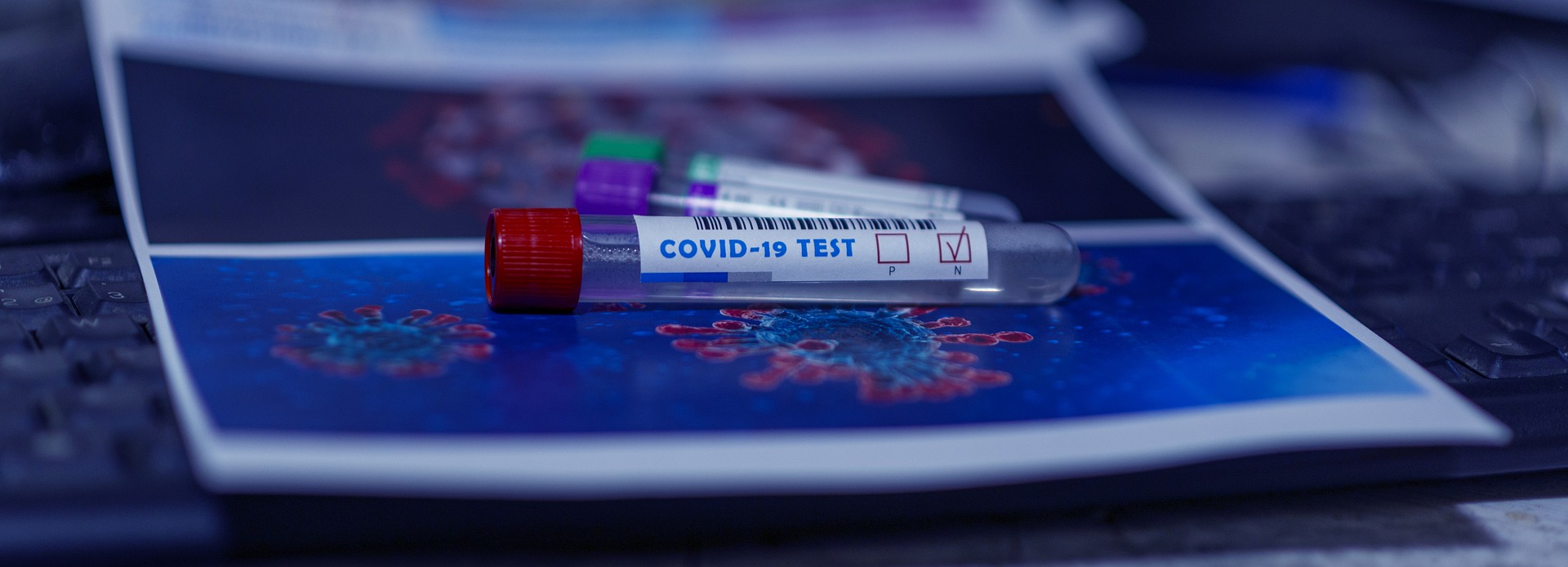
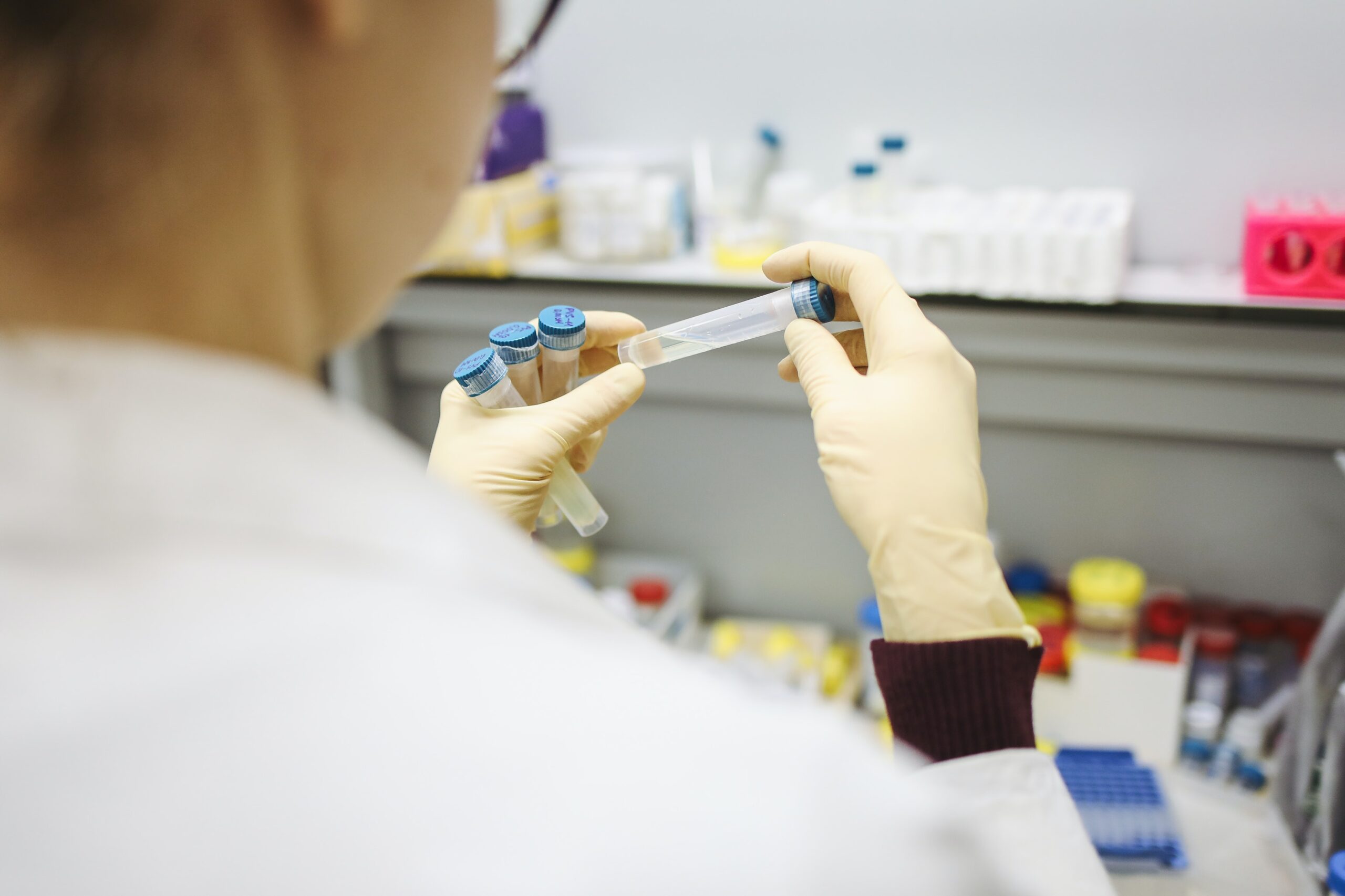
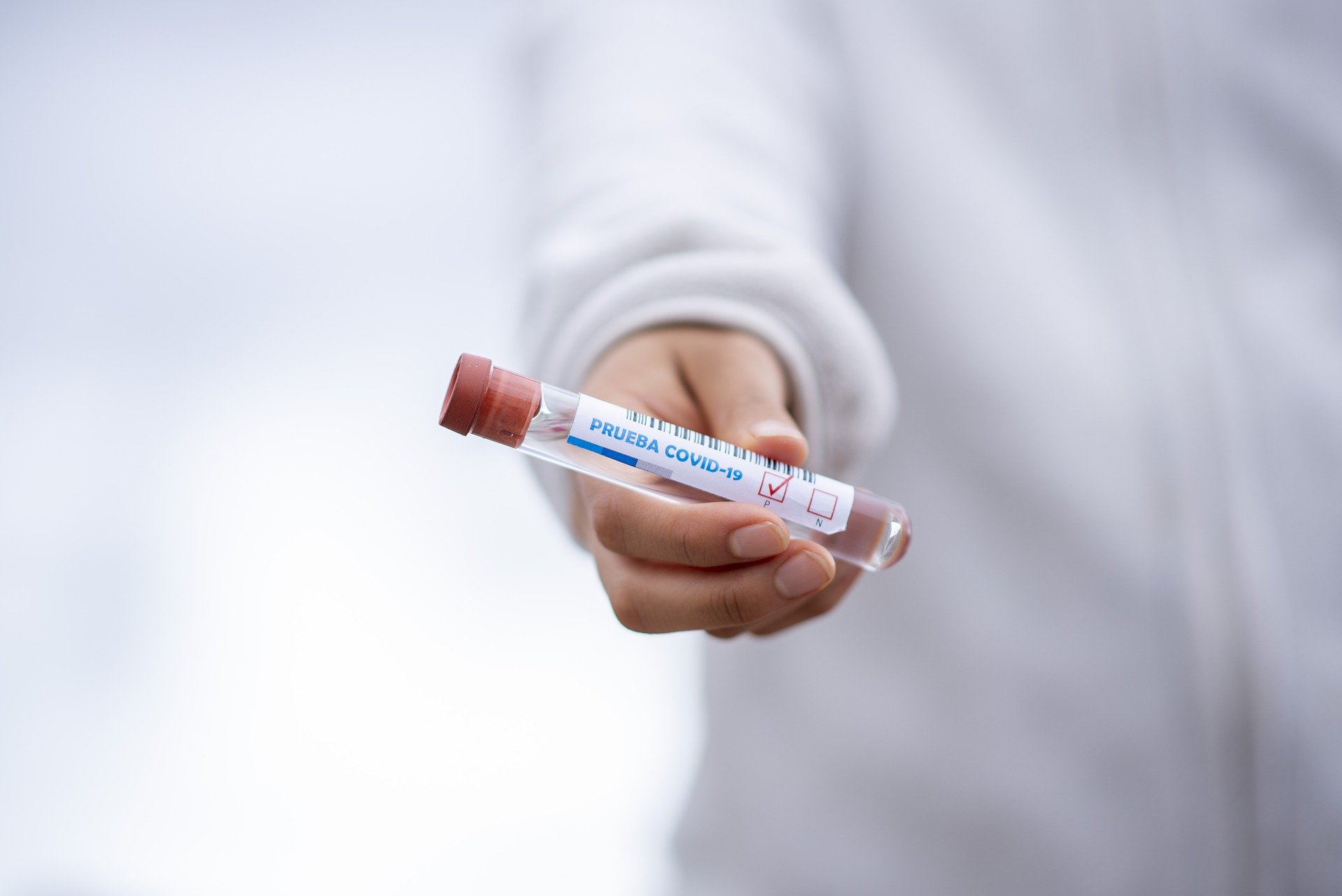
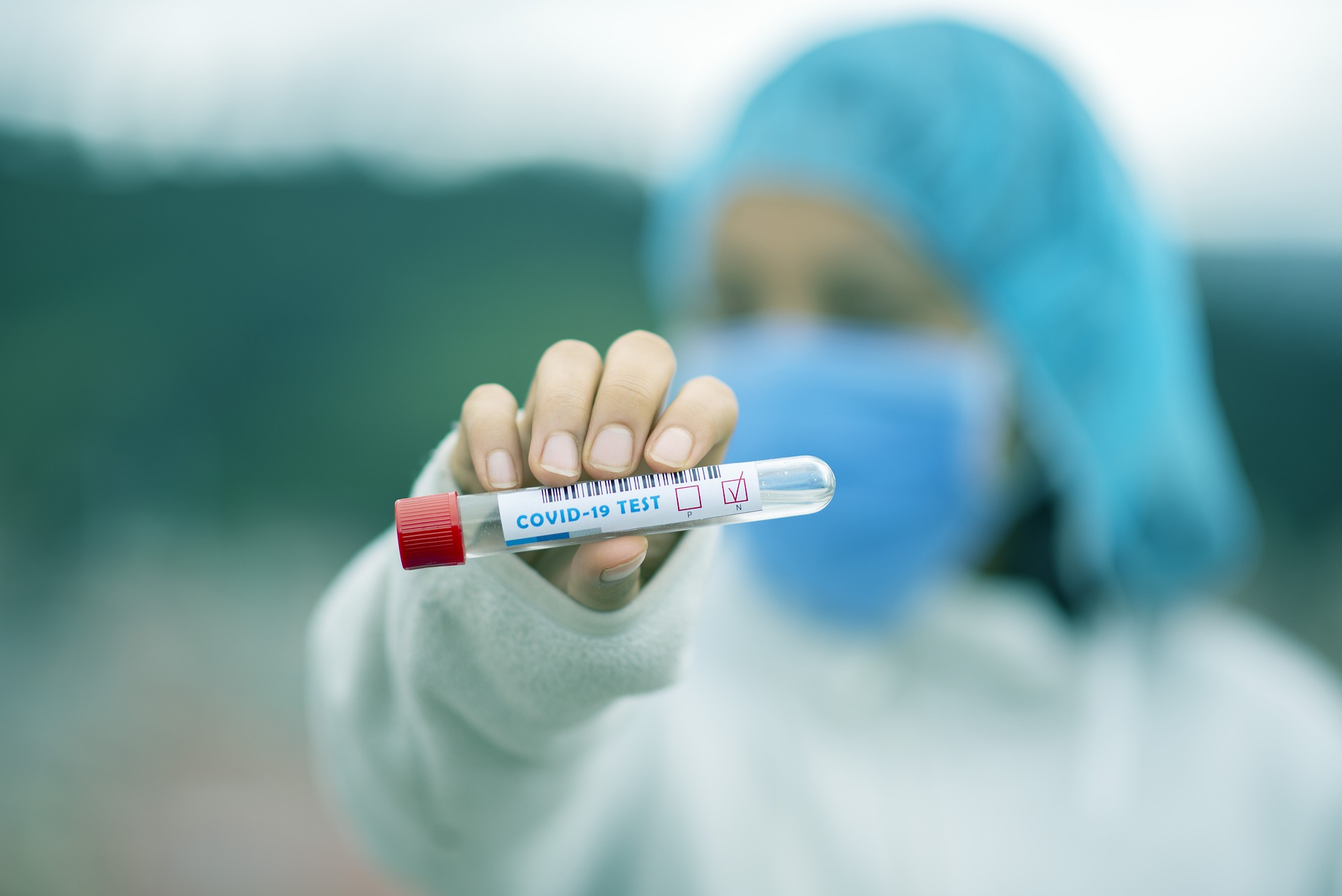





Join or login to leave a comment
JOIN LOGIN